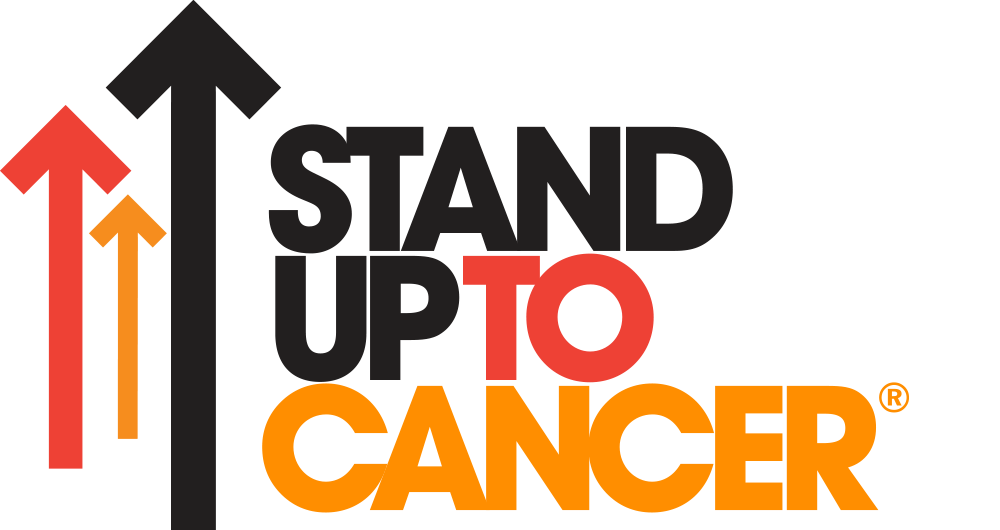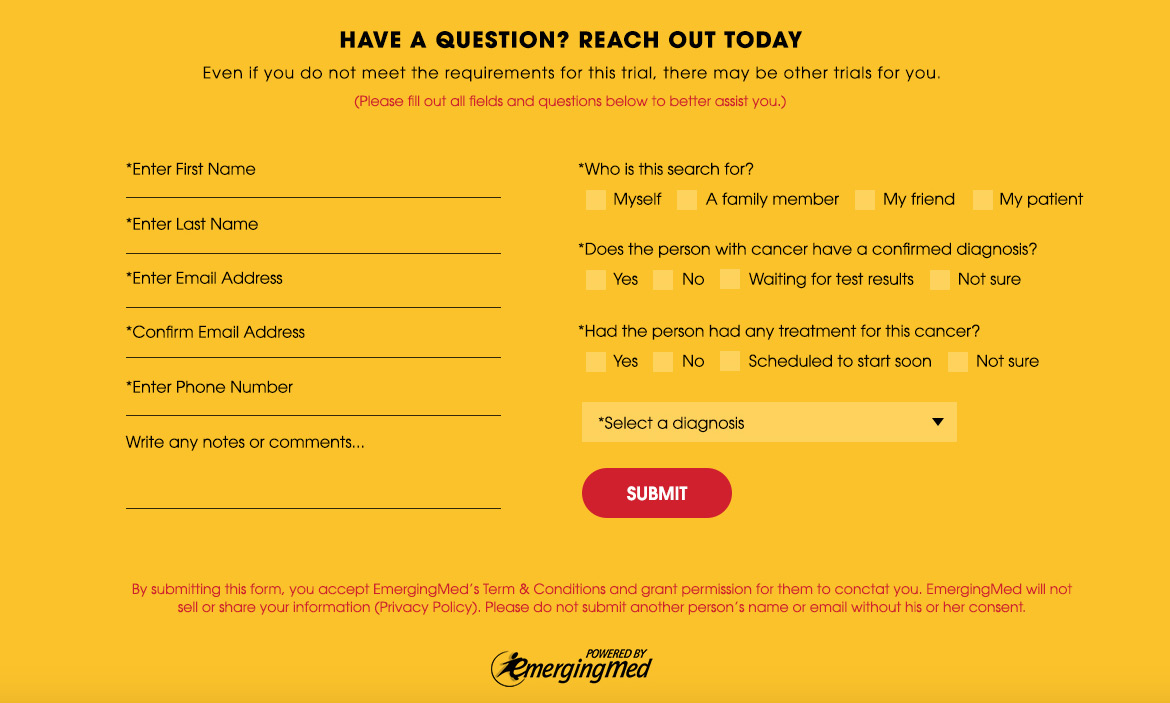Are you or a loved one currently facing high-risk melanoma? Stand Up To Cancer (SU2C) is supporting a clinical trial that may benefit patients with high-risk stage III melanoma to potentially reduce the risk of recurrence and improve patient outcomes.
Melanoma is a type of cancer most often affecting the skin. Stage III melanoma indicates that the cancer has spread to the lymph nodes but not to distant organs and the chance of recurrence is high. Accumulating evidence suggests that combining a targeted therapy and immunotherapy may be a more effective way to treat advanced melanoma than the current standard of care.
The SU2C Catalyst study will test two different combinations of targeted therapies and immunotherapy to reduce melanoma recurrence risk and improve patient outcomes. This study will utilize neoadjuvant therapy, an approach used to shrink a tumor before surgery. This type of therapy approach is not yet common practice for stage III melanoma but is already routinely used for other types of stage III cancers.








